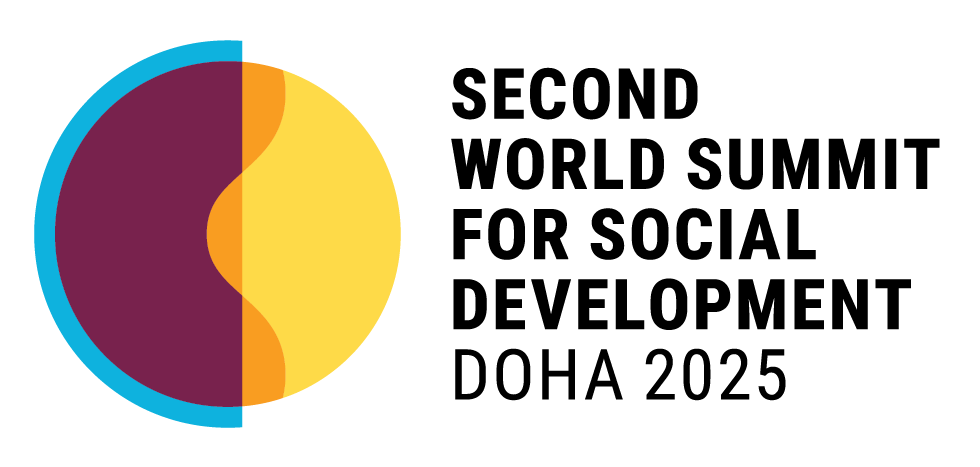World Summit in Qatar - mol
Solutions session by the Republic of Namibia at the Second World Summit for Social Development

Format of the Session
The session will be hosted in person during the Second World Summit for Social Development in Doha. It will bring together government representatives, social partners, and international participants for knowledge exchange.
Panel Discussion
Featuring government officials and social partners from Namibia.
Interactive Debate
Countries with existing national minimum wages will share insights and experiences.
Knowledge Exchange
Promoting peer learning and collaboration to advance social development goals.
Namibia's journey towards a national minimum wage is rooted in its constitutional commitment to social justice and a decent standard of living for all citizens. Despite significant economic growth, the country has continued to face persistent income inequality.
Before the NMW, only a few sectors, like agriculture, security and domestic work, had legally mandated minimum wages, leaving most workers vulnerable to exploitation and low pay.
In response, the Namibian government, in collaboration with social partners and with technical assistance from the International Labour Organisation (ILO), enacted a new wage order. This policy is a crucial step towards fulfilling the Copenhagen Declaration on Social Development and contributing to the 2030 Agenda for Sustainable Development.


 © Government of the Republic of Namibia - All Rights Reserved.
© Government of the Republic of Namibia - All Rights Reserved.